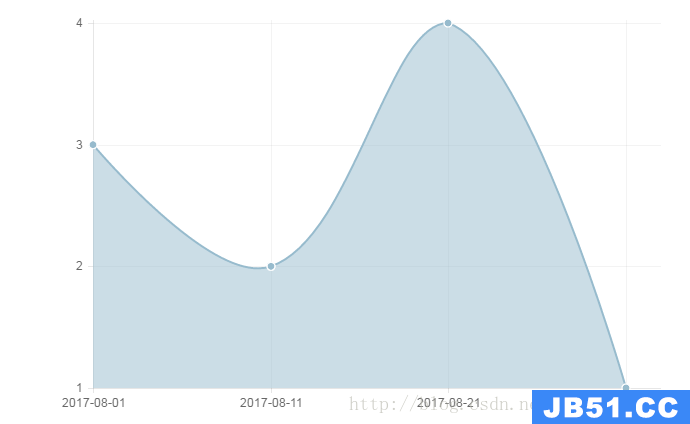angular.bind
angular.callbacks
angular.equals
- Both objects or values pass
===comparison.
- Both objects or values are of the same type and all of their properties are equal by
angular.equals.- Both values are NaN. (In JavaScript,NaN == NaN => false. But we consider two NaN as equal)
- Both values represent the same regular expression (In JavaScript,* /abc/ == /abc/ => false. But we consider two regular expressions as equal when their textual
function type and properties with names$ are ignored.===).angular.copy
copy of `source`,which should be an object or an array.
* If no destination is supplied,a copy of the object or array is created.
* * If a destination is provided,all of its elements (for arrays) or properties (for objects)
* are deleted and then all elements/properties from the source are copied to it.
* * If `source` is not an object or array (inc. `null` and `undefined`),`source` is returned.
* * If `source` is identical to 'destination' an exception will be thrown.
*
* @param {*} source The source that will be used to make a copy.
* Can be any type,including primitives,`null`,and `undefined`.
* @param {(Object|Array)=} destination Destination into which the source is copied. If
* provided,must be of the same type as `source`.
* @returns {*} The copy or updated `destination`,if `destination` was specified.
angular.forEach
terator` function once for each item in `obj` collection,which can be either an
* object or an array. The `iterator` function is invoked with `iterator(value,key,obj)`,where `value`
* is the value of an object property or an array element,`key` is the object property key or
* array element index and obj is the `obj` itself. Specifying a `context` for the function is optional.
*
* It is worth noting that `.forEach` does not iterate over inherited properties because it filters
* using the `hasOwnProperty` method.
*
* Unlike ES262's
* [Array.prototype.forEach](decoration: underline">http://www.ecma-international.org/ecma-262/5.1/aram {Object|Array} obj Object to iterate over.
* @param {Function} iterator Iterator function.
* @param {Object=} context Object to become context (`this`) for the iterator function.
* @returns {Object|Array} Reference to `obj`.
terator,context) {
(key
(key != && key != && key != && (!obj.hasOwnProperty ||terator.call(context,obj[key],obj);
}
}
} (isArray(obj) || isPrimitive = obj !== (key = ,length = obj.length; key < length; key++ (isPrimitive || key terator.call(context,obj);
}
}
} (obj.forEach && obj.forEach !==terator,context,obj);
}
(key terator.call(context,obj);
}
} ( obj.hasOwnProperty ===
(key terator.call(context,obj);
}
}
}
(key terator.call(context,obj);
}
}
}
}
angular.fromJson
isstring(json) ?
angular.toJson
(isUndefined(obj)) (!= pretty ? :
angular.noop
culateResult();
(callback || angular.noop)(result);
}
```
= [];
angular.isFunction
value ===
angular.isArray
isArray = Array.isArray;
angular.isDate
toString.call(value) ===
angular.isObject
value !== && value ===
angular.isRegExp
toString.call(value) ===
angular.isstring
Highlighter">
rush:csharp;gutter:true;">function isstring(value) { return typeof value === 'string'; }
angular.isNumber
value ===
angular.isBoolean
value ===
angular.isUndefined
value ===
angular.isDefined
value !==
angular.isElement
mines if a reference is a DOM element (or wrapped jQuery element).
!!(node &&
|| (node.prop && node.attr && node.find)));
}
angular.uppercase
angualr.lowercase
lowercase = function( isstring() ? .toLowerCase() :
<div class="cnblogs_code">
(ch === || ch === || ch === ||=== || ch === || ch ===





